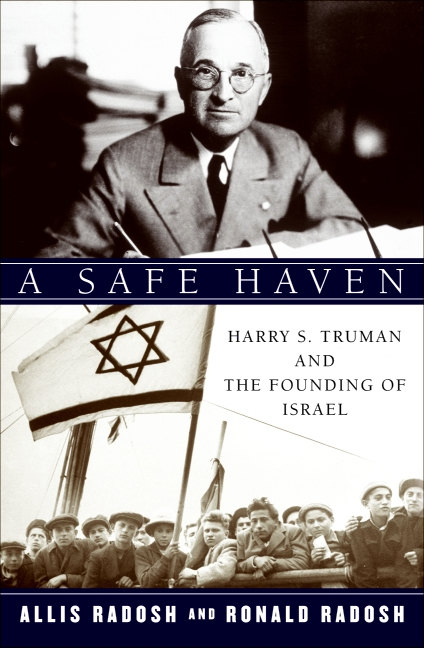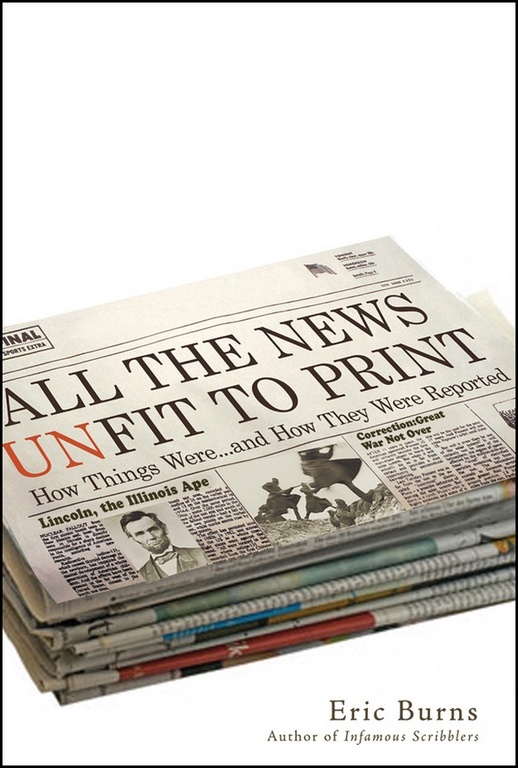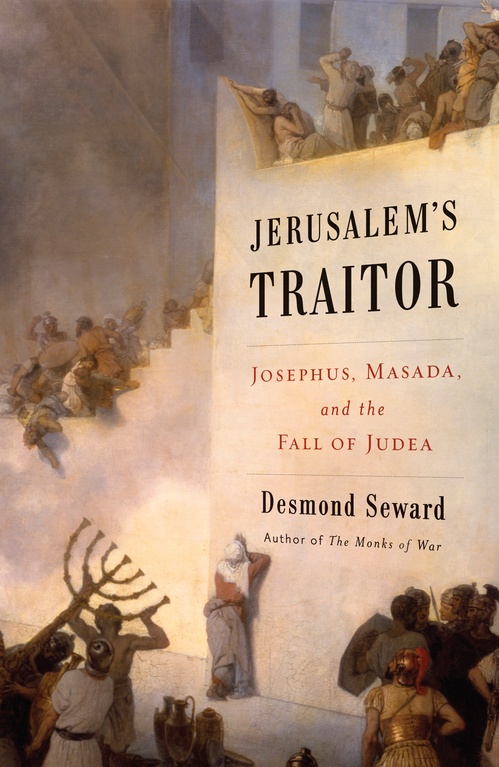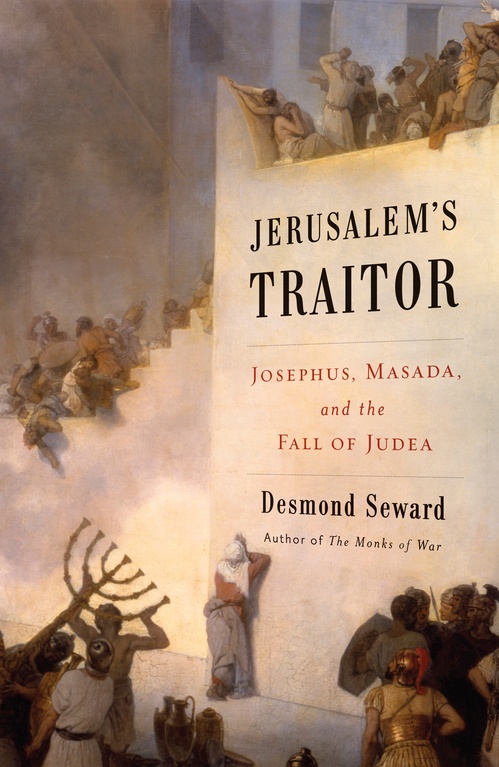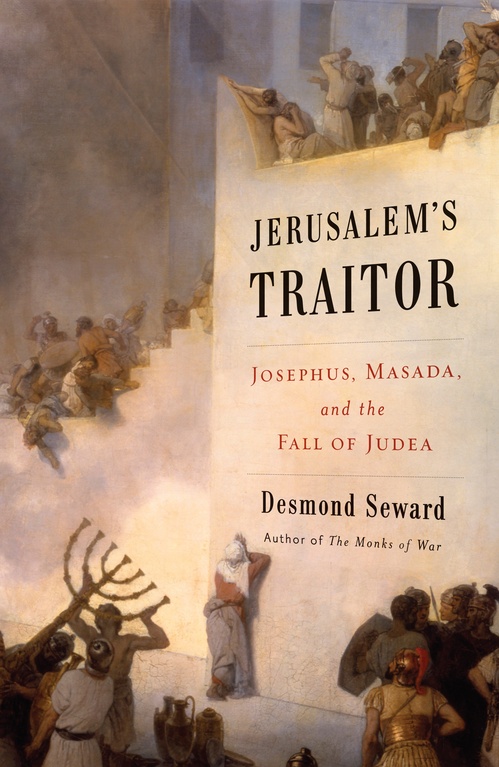The Kosher Bookworm: Books and beach chairs
How to make this summer a worthwhile reading experience (part one)
Issue of June 12, 2009 / 20 Sivan 5769
With the advent of summer, I am once again presenting a list of recommended books that deserve your reading attention.
Given the events of the past few weeks and the behavior of Mr. Obama in Cairo, it would be interesting to see how another president comported himself in a time of dire need for the Jewish people. One such descriptive is a newly published book, “A Safe Haven: Harry S. Truman and the Founding of Israel” (Harper, 2009) by historians Ronald and Allis Radosh.
Aside from all the drama that played itself out in that post-war era, the authors prudently begin this volume with a 35-page chapter detailing the role of the soon-to-be deceased president, Franklin D. Roosevelt. In effect, this chapter sets up the role that the new and untested president, Harry S. Truman, was to play in one of the most dramatic chapters in both world and Jewish history: the revival of a Jewish State after 2,000 years. Such an event had never happened in world history before.
The perfidious behavior of FDR and his minions in lying to American Jews about his intent as to the establishment of a Jewish state after the war is given full play and shows the sharp contrast in style and moral behavior of these two presidents.
The events detailed reflect an extremely well researched literary effort. The notes and bibliography demonstrate the laborious research into the archives and related literature, both primary and secondary, which gives the reader a full picture, not only of the events being recorded but also of the motivations that drove actions and events.
Given FDR’s rancid behavior then and the contrast with the recent behavior of Obama now, one can only give pause with a sickening feeling of déjà vu. Especially galling is the behavior today of Jewish members of congress and their meek reaction, as well as that of other congress members, who represent Jewish constituencies nationwide, in the face of what should be considered a brazen betrayal of trust and friendship.
For this alone, this book should be read, for its historical relevance is most haunting.
We all hear complaints about how the press slants the news in favor of, or against, that which they admire or detest. History has shown that this behavior is nothing new, only that such coverage today is just that much more brazen and obvious.
In a fascinating book entitled “All The News Unfit To Print” (Wiley, 2009), journalist Eric Burns goes back into history to demonstrate that press bigotry is nothing new.
Of particular interest to our readers is how Burns describes in great detail how the press misreported and prejudged the guilt or innocence of French Army Captain Alfred Dreyfus. Further, aside from the judicial aspects, Burns points to the rabid anti-Semitism that permeated the French press and thus further poisoned the atmosphere against Dreyfus during his unfortunate ordeal.
Another case of press bigotry demonstrated by the author concerns Moscow-based New York Times reporter Walter Duranty who, in the 1930s, reported on economic and political affairs in the USSR during the rule of Josef Stalin.
To say the least, Duranty’s reporting was nothing short of pro-Communist propaganda. He not only shilled for Stalin politically but also deliberately downplayed the politically inspired famines in the Ukraine. In the pages of The Times he praised the Communist system in idyllic terms despite clear proof that the regime was as brutal as any there ever was in that country.
The Times for a long time kept Duranty on staff despite allegations, by such respectable journalists as Joseph Alsop and Eugene Lyons, that Duranty was on the KGB payroll. Other details in the book note how this vaunted Times reporter made light of Communist motivated anti-Semitism and the brutality and ruthlessness that went with it.
It should be noted that in 1932 Duranty was awarded the Pulitzer Prize for his 13-part series on the Stalinist regime. Journalists and foreign policy specialists ever since have demanded the award be revoked although those pleas have fallen on deaf ears.
It might be of further interest to note that in 2008 the government of Ukraine, as well as other countries, officially recognized the Stalinist-inspired famine as genocide.
Next time you read The New York Times just think of Mr. Duranty and know that you are not alone in your suspicions about the integrity of that paper.
With the Three Weeks soon to be upon us, I would like to bring to your attention three books whose themes and contents would make for appropriate reading during that time of year.
The first is titled, “Jerusalem’s Traitor: Josephus, Masada, and the Fall of Judea” (De Capo Press, 2009) by historian Desmond Seward. This book, using eyewitness accounts, details the life and times of Flavius Josephus, who at first was the Jewish general who fought the Romans in their attempt to conquer Jerusalem. Captured in battle, he changed sides and remained loyal to Rome for the rest of his life.
The book goes into great detail as to the siege of Jerusalem and of Josephus’s attempts to persuade the Jews to surrender without battle. His perfidy is apparent by his every action detailed so vividly by Seward.
All that is left of Josephus’s legacy today are his written historical works that are for many the only “reliable” source material of that era. A good writer he was, but also a traitor to his people and to his G-d. This book is a good resource for getting to know this important aspect of a sad era in our history.
Another book, published two years ago, treats this same era - the destruction of Jerusalem and the Second Temple - in greater magisterial form. Titled “Rome and Jerusalem: The Clash of Ancient Civilizations” (Knopf, 2007) British historian Martin Goodman goes into great detail describing the entire era, locale and personalities involved in this titanic struggle by Rome to put down the world’s only monotheistic civilization.
To the best of my knowledge, this is the most comprehensive one-volume history of the Churban (destruction) ever written in English. The author demonstrates his knowledge of Jewish law, lore, and customs throughout, reflected in his descriptions of the happenings, both life cycle and political, and the behavior of all involved in the sad and tragic events that inhabit this 600-page book.
The footnoting, bibliography and index were greatly appreciated by this writer. Taken together with the previously noted book on Josephus, you will be well versed on the events that lead us into the observance of The Three Weeks.
In recent years many of us have come to add remembrances of the Holocaust to the Kinos service on Tisha B’Av. In sync with the theme of this liturgy, a book entitled “Years of Horror / Glimpse of Hope” (Shengold, 1993) by Moshe Maltz, was brought to my attention by the late author’s grandson, Mayer Maltz of Woodmere. Originally written in the author’s native Yiddish, this book was translated into English by Gertrude Hirschler.
The book is based upon a remarkably kept diary of the Maltz family’s experience being hidden for much of the war by a gentile woman in a hayloft on her farm in southeastern Poland. This book is no simple read. The details reflect a perceptive writer keen on details and reasoning behind events. The inhumanity described herein is riveting and the humanity experienced is inspiring. This Tisha B’Av, consider this book for reading with others, to share and discuss.
Next week, I hope to be able to share with you part two of this list and something for Father’s Day.

 48.0°,
Overcast
48.0°,
Overcast 